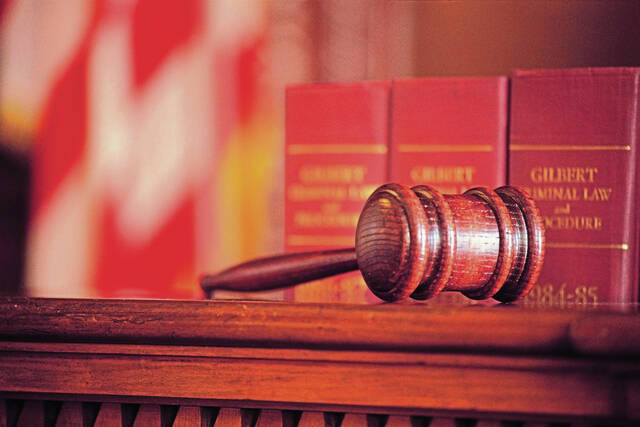What is bail?
You might think you know even if you have no experience with the criminal justice system because you have watched television and read mystery novels. You have heard the word. You’ve used the expression “bailed out.”
But bail is not quite what “Law & Order” would have you believe.
Bail is an amount of money the court sets for a defendant accused of a crime. Pay that money, and it acts as a guarantee to show up for each phase of the process, up to and including the final trial. Do that, and you get the money back — even if you’re found guilty.
Bail is like escrow. It is supposed to be a process, not a punishment. But is that how it really works?
A $50,000 bail for an assault case could be an easily cleared hurdle for a wealthy person. For someone working two minimum-wage jobs to pay the rent, $10,000 might as well be a lottery jackpot and all but guarantees a jail stay.
And that time in jail? The impact can be financial as well. A court case can take months even with a simple case and a guilty plea that ends in probation. For something more complicated, a year or more isn’t uncommon. Spend 18 months in jail, and be acquitted and you could come out to find you have no home.
There is also the fact that jail isn’t always safe. People can be hurt or die while awaiting trial. In Allegheny County, more than a dozen people have died in recent years. So is the bail system fair?
Jail exists as a place to keep people until trial for a reason. There are people who are considered dangerous, and that is a factor in determining bail, but showing up for trial is the primary point. Otherwise, the defendant is being punished, and that violates the basic idea that people are innocent until proven guilty.
What is worse is being innocent until proven poor or Black.
Jails are necessary, just as the court system is necessary, because crime exists, and that’s not likely to change. But the bail system can change and could do so for the benefit of all the people.
The American Civil Liberties Union is pushing for that change, as one would expect. In a move that is a bit more surprising, so is the state Supreme Court, which, in January, proposed a rule change, suggesting bail be “the least restrictive” necessary to secure a court appearance.
This is the kind of change that should be easy but can end up being the most difficult because it doesn’t rely on making a new rule or a new agency. It relies on people putting themselves in someone else’s shoes, which can be hard to do.
In reality, it isn’t that a rule change is necessary. It’s that the court system needs to do what often is encouraged with the Constitution. Interpret what is there, not what has become tradition. Use bail as security, the way it was intended.








